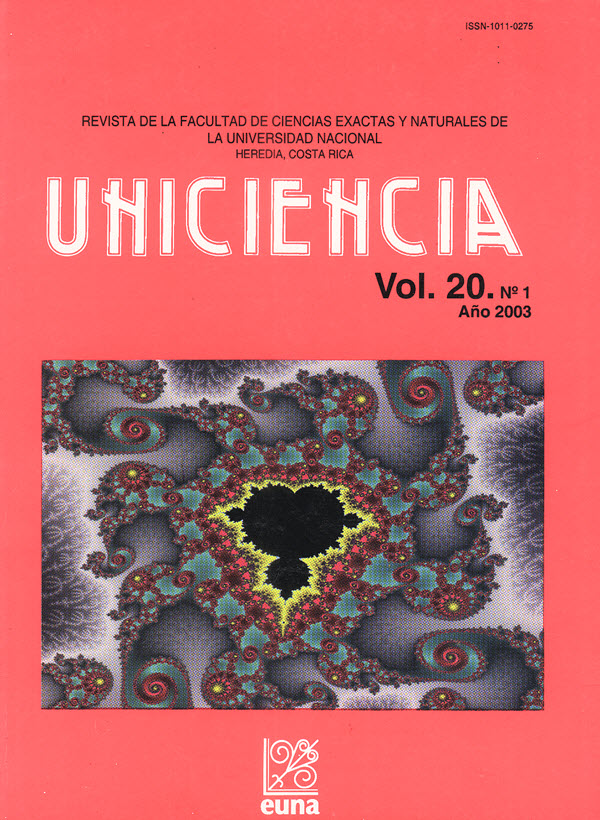Debilidades en los programas que forman docentes en educación matemática: percepción de los actores (ING)
Keywords:
Educación Matemática, matemática en enseñanza media, matemáticas, fortalezas y debilidades en matemáticas.Abstract
A question arises about the quality of teachers training based on criticisms concerning poor performance in High School mathematics. This paper attempts to determine the weaknesses of academic programs for teacher training in Mathematics Education in Costa Rica. To achieve this, we consider the opinions of current students in these programs and of teachers who graduated from them.
The information gathered from a self-administered survey of the opinions of 171 students and 172 teachers was analyzed. Both groups agree that the main strength of these programs is mathematical training and logical thinking. However there was some unhappiness over a series of weaknesses that greatly affect classroom performance. The main criticism arises from the existing divorce between courses in mathematics and pedagogy. In their opinion there is no relation among these courses to let them promote teaching methodologies for specific areas of mathematics.
A strong lack of historical, philosophical and methodological studies has been perceived within their academic training. Also they point to the need of practical applications of different mathematical concepts. The pollsters also consider that there is no strategy development to let them participate in serious research processes in Mathematics Education.
Finally, they consider that they are not well trained in the use of modern technological resources. These opinions provide an important reference to evaluate the work of the universities in these training processes, and the wisdom of training future specialist in this discipline.
References
-
Downloads
Published
Issue
Section
License
Authors who publish with this journal agree to the following terms:
1. Authors guarantee the journal the right to be the first publication of the work as licensed under a Creative Commons Attribution License that allows others to share the work with an acknowledgment of the work's authorship and initial publication in this journal.
2. Authors can set separate additional agreements for non-exclusive distribution of the version of the work published in the journal (eg, place it in an institutional repository or publish it in a book), with an acknowledgment of its initial publication in this journal.
3. The authors have declared to hold all permissions to use the resources they provided in the paper (images, tables, among others) and assume full responsibility for damages to third parties.
4. The opinions expressed in the paper are the exclusive responsibility of the authors and do not necessarily represent the opinion of the editors or the Universidad Nacional.
Uniciencia Journal and all its productions are under Creative Commons Atribución-NoComercial-SinDerivadas 4.0 Unported.
There is neither fee for access nor Article Processing Charge (APC)






